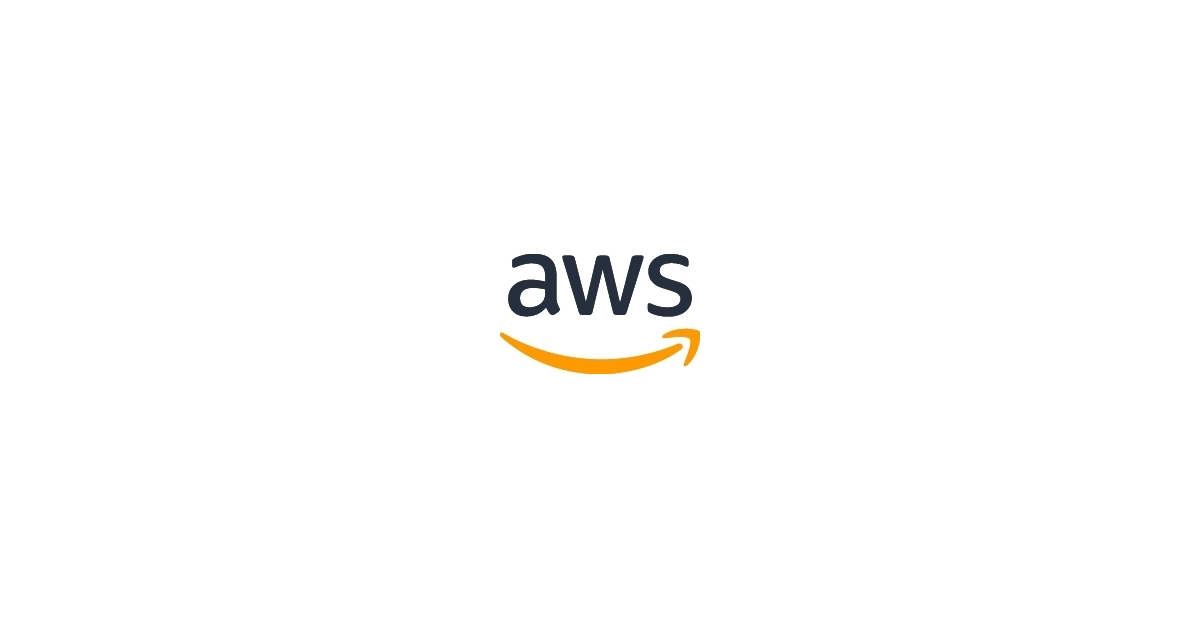At Amazon and Amazon Web Services (AWS), we believe individual health outcomes should not depend on socioeconomic status, race, ethnicity, or neighborhood, and so today AWS is announcing a new global program to support organizations working to enhance health outcomes for underserved or underrepresented communities. We are providing AWS credits and technical expertise, committing $40 million over three years to help organizations develop solutions to improve health outcomes.
This program is open to organizations around the world that want to leverage AWS in any of the following areas:
- Increasing access to health services for underserved communities. Today, approximately half the world’s population does not have access to basic healthcare. Projects that focus on underserved populations around the world will be eligible for the program. This could include the development of tools such as telehealth and telemedicine to reach remote and marginalized communities, remote patient monitoring, increasing the availability and impact of health workers, and more.
- Addressing social determinants of health: Social determinants of health (SDoH) are the environmental conditions where people are born, live, learn, work, play, worship, and age that affect a wide range of health outcomes and risks. Examples include safe housing, transportation, education, access to nutritious foods, clean air and water, and more. Research shows that improving these non-medical factors are key to reducing health inequities. Solutions that leverage technology to address the broader social, economic, and environmental factors that all play a role in influencing health outcomes will be eligible for this program.
- Leveraging data to promote more equitable and inclusive systems of care: Gaps in health data contribute to inequities when national and global averages and health statistic reports do not represent diverse groups. Eligible projects that address these gaps can include creating or consolidating datasets to increase representation in health systems, linking to SDoH data to create more robust and informative datasets, or cleaning existing datasets to improve accuracy about race, ethnicity, gender, disability, or other data points that will help to advance health equity for all.
Applying modern technology to health systems is not a silver bullet to ending health inequity, but it can speed health research and innovation, level the playing field for accessing care, help deliver trusted information to people when and where they need it, streamline supply chains, and more.
The launch of this new program builds on our work with current customers who are leveraging AWS technologies to support their health equity programs, including:
- National Health IT Collaborative for the Underserved (NHIT): Earlier this year, the nonprofit launched the cloud-powered Data Fusion Center on AWS to help tackle intergovernmental data challenges and to translate SDoH data into actionable insights. Through the Center, industry, academia, and communities can discover, explore, and visualize SDoH and health equity-related factors and their impact. For example, a user could pull a report looking at broadband access, transportation and food insecurity, and layer those datasets on top of one another to get a more nuanced understanding of how these different SDoH data points (or sets) interact.
- HealthImpact’s Trust A Nurse, Ask A Nurse: This nonprofit is partnering with community-based organizations around California to make registered nurses available for free, especially in under-resourced communities and communities of color. Nurses are available via a new telehealth service that provides support and education about COVID-19 and vaccine options. The telehealth platform is powered by Hippo Health running on AWS, and Telehealth Consulting Services provides subject matter expertise.
- Rush University Medical Center Population Health Analytics Hub: The Chicago-based medical center and nationally recognized leader in quality and health equity is developing an analytics hub to address the clinical and social determinants of health that drive premature cardiovascular morbidity and mortality. The project builds on the COVID-19 analytic hub Rush stood up on AWS during the pandemic to integrate patient and operational data for rapid, targeted intervention.
“Rush is deeply committed to improving the health of the under-resourced communities we serve — it’s in our DNA. We know that conditions within these West Side neighborhoods of Chicago and access to health care for common illnesses are the drivers of premature death,” Dr. Omar Lateef, president and CEO of Rush University Medical Center, said. “The Rush Population Health Analytics Hub will be a key tool to inform meaningful interventions and assess progress on the clinical and social determinants of health. In this way, the assistance from AWS advances our mission to lower the death gap and continue to build health equity.”
This new program gives organizations another way to access AWS credits and technical expertise to advance their missions. In early 2020, we established the AWS Diagnostic Development Initiative (DDI) and have helped organizations around the world apply the power of the cloud to accelerate COVID-19 diagnostics research and development. Through the initiative, AWS committed $20 million in computing credits and expertise to support customers using AWS to drive diagnostic innovations. So far, AWS has supported 87 organizations in 17 countries ranging from nonprofits and research institutions to startups and large businesses. This work will continue in parallel to our new global health equity program.


